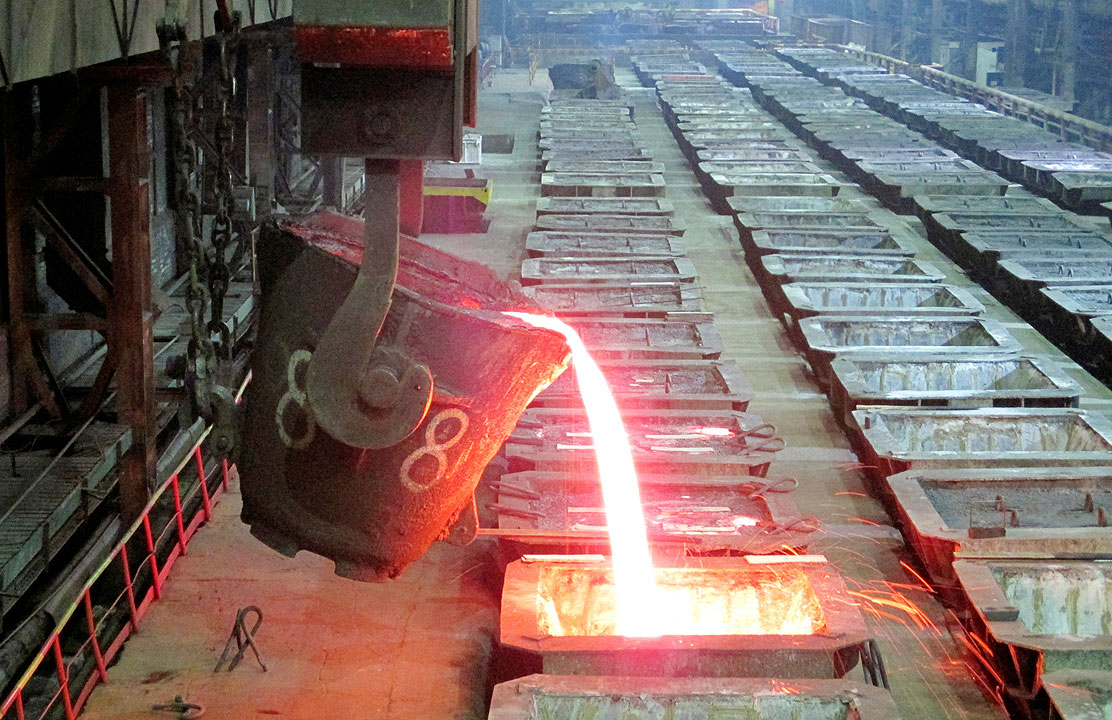
HIGH POWER costs could derail plans to attract investment in the mining and mineral processing industries, a senior legislator said.
The industry could also be hurt by an export ban on unprocessed ores if domestic processing capacity is not built up, he added.
“If we cannot find a way for refining companies to access cheap power, we cannot build up a strong mining value chain,” Albay Rep. Jose Maria Clemente S. Salceda told BusinessWorld via Viber.
“An ore export ban could create the opposite effect of discouraging investment in mining, especially without pre-existing domestic refining capacity,” according to Mr. Salceda, a member of the House Natural Resources Committee.
The Philippines is estimated to have about $1 trillion worth of untapped mineral reserves.
Palawan Rep. Jose C. Alvarez, who is a vice-chair of the Natural Resources Committee, noted that the $1 trillion estimate for mineral reserves is low, noting that the actual valuation could be “several trillion.”
“It’s all about power costs,” Mr. Salceda said, as electricity expenses account for “15% to 40% of the operating costs of mining, smelting, and refining.”
The government could explore providing direct power access to mines and refineries to avoid diverting power supply from consumers, he said.
Terry L. Ridon, convener of the InfraWatch PH think tank, said providing mines and refineries direct access to power will require building dedicated power plants.
Mr. Ridon told BusinessWorld via Viber: “While it certainly would not compete with other grid users, mining firms should thoroughly assess whether this is commercially feasible.”
However, microgrids are “a reasonable alternative,” John Paolo R. Rivera, president and chief economist at Oikonomia Advisory & Research, Inc., said.
“An independent microgrid would be a good alternative for them to have a stable and unimpeded supply of power,” Mr. Rivera told BusinessWorld in a Viber message. “However, this will have huge setup costs. It will take time for these industries to commence operations.”
High power costs are due to the country’s reliance on coal and fossil fuels as power sources, he said. “High power cost makes their cost of operation higher. This is already expensive, it is also environmentally unsustainable which compounds the problem.”
Mining and mineral refinement facilities can only have access to cheap and reliable power if there is an adequate supply of energy that can meet the needs of all power consumers, Mr. Ridon said.
To meet power demand and achieve power stability, the government should facilitate the entry of power generation projects to meet increasing demand and achieve power stability, he added.
“The entry of more generation facilities at the soonest time, irrespective of technology, would certainly drive energy costs down,” he said.
The approval and subsequent development of the Leyte Ecological Industrial Zone could allow mining and mineral refiners to have access to cheaper power, further developing the minerals industry, Mr. Salceda said. — Kenneth Christiane L. Basilio



